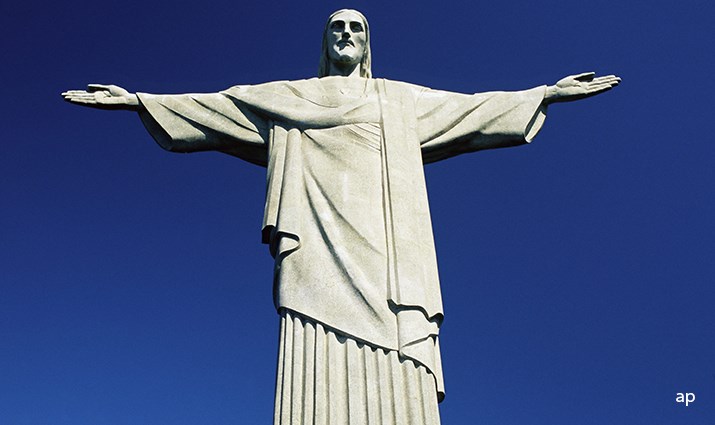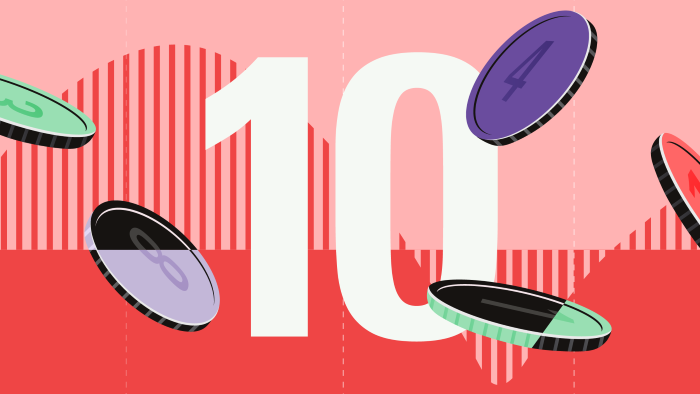
As Covid-19 continues to spread across the world, it is clear that its impact on economies and corporate earnings has been severe. Some emerging markets have been less successful in containing the virus compared to their developed counterparts, making the impact even more accute.
But the emerging markets are a disparate group, and there are leaders and laggards within. Navigating this is crucial in find the winners that will emerge and recover most quickly from the virus.
“Turkey and Russia are two emerging countries that have managed to flatten the curve,” says Erik Lueth, global emerging markets economist at Legal & General. “One factor that does help emerging economies is that the population tends to be younger, and we know the virus disproprotionately affects older people."
With that in mind, Austin Forey, manager of the Bronze-Rated JPMorgan Emerging Markets Equity, is expecting a strong recovery when it comes. “We remain focused on the longer-term earnings power and competitive position of the companies we invest in and it is more important than ever to take a long-term view."
Navigating Uncertainty
As has been the case in developed markets, sectors such as e-commerce, food retail and healthcare have thrived in emerging markets amid the coronavrius pandemic.
But Forey likes quality franchises with sustainable competitive advantages and strong management teams, because they are well-positioned to navigate the uncertainty ahead.
Morningstar analyst Lena Tsymbaluk says this strategy is clear in the fund's high allocation to premium and quality names. “[Its holdings] operate in attractive industries with limited external risks and possess strong balance sheets, good management teams, and solid cash-flow-generation prospects,” she says.
The fund is beating its Morningstar category average by 3.1% year to date and top holdings include well-known names such as e-commerce Alibaba (BABA), internet platform Tencent (00700), and semiconductor maker Taiwan Semiconductor (2330).
“The sell-off has been pretty indiscriminate; it’s created some opportunities in companies we liked fundamentally but which previously looked expensive, especially in areas like IT services, e-commerce and mobile gaming,” says Forey.
Of course, not all stocks have fallen. Top performers in the fund include Sea (931), a Singpore-headquartered internet platform, whose shares have soared 101.5% year to date. Argentinian online marketplace Mercado Libre (MELI), meanwhile has leapt 56.4% and Meituan-Dianping (9MD), a Chinese group buying website, by 63.1%.
But it's not just about picking the right stocks, says Forey; just as important is choosing the right countries. "Few countries have avoided the impact of Covid-19, but we see a clear difference between the likes of China and South Korea, which are already further through the infection cycle and were able to exert stronger measures to bring the virus under control more quickly,” he Forey.
Buying After the Sell-Off
But while many investors focus all their attention on the stock markets, Uday Patnaik, manager of the five-star rated L&G Emerging Markets Short Duration Bond Fund, is looking at opportunities in bonds. He says: “The sell off was unique and offers a tremendous investment opportunity in this asset class.”
He prefers sovereign debt currently (bonds issued by governments), despite the fact the asset class has, year to date, endured its worst returns in 20 years. Such a sell-off has created opportunities, according to Uday, who upped his exposure to the asset class at the end of March and particularly to debt issued by oil exporting nations such as Qatar and Abu Dhabi, which have been hit by the double whammy of Covid-19 and negative oil prices.
“My base case scenario is that emerging markets debt will return between 3% and 6% in the second half of the year,” he says. “And flows will be important to reach this target. As QE continues, the flow of money will find is way in emerging market debts.”




























